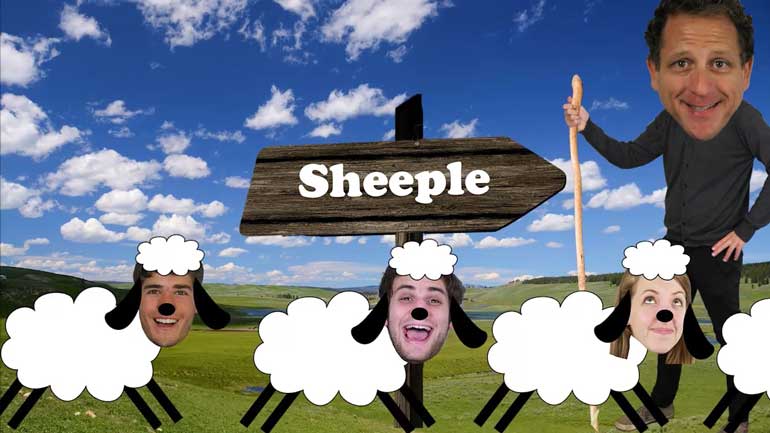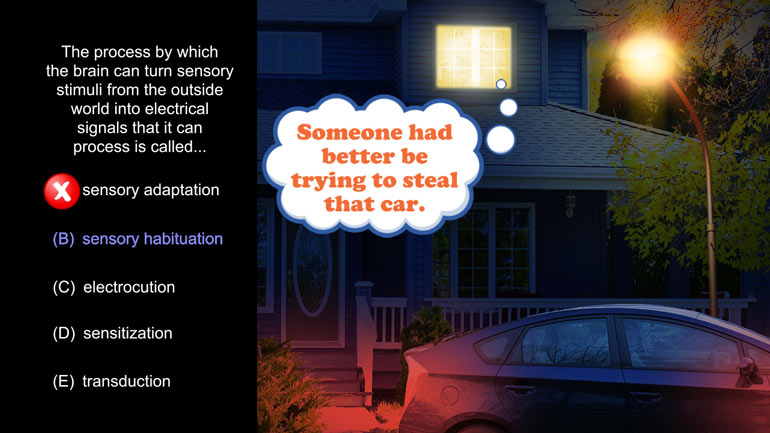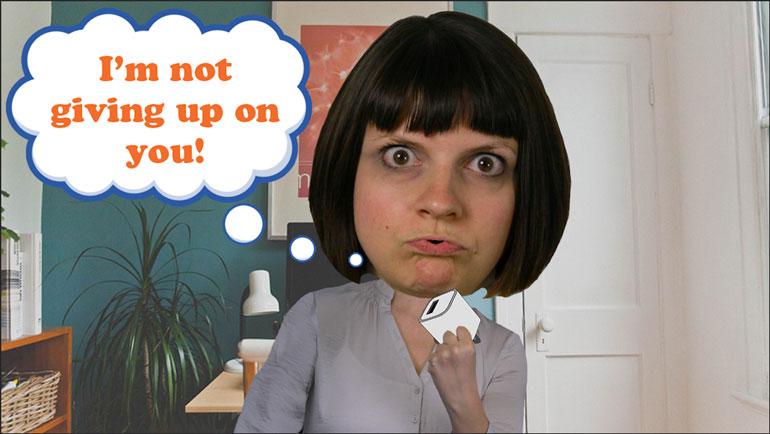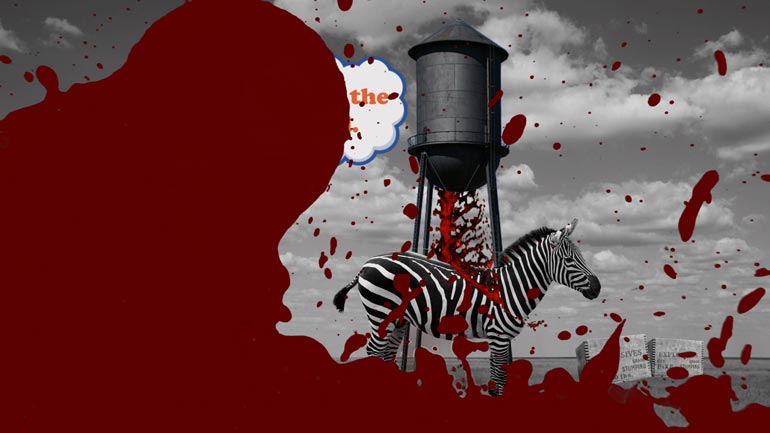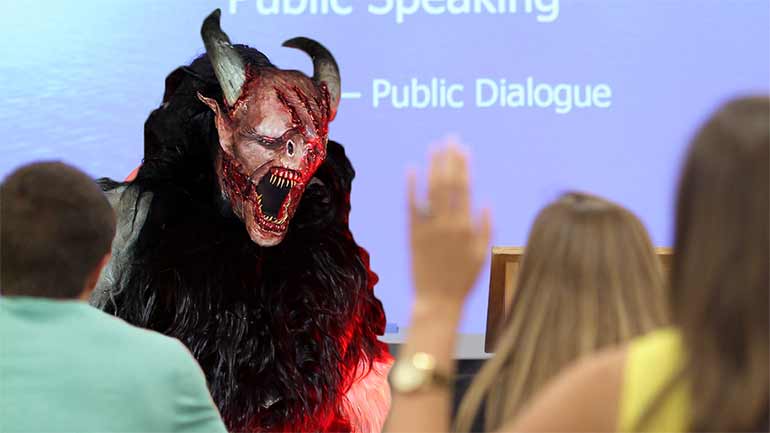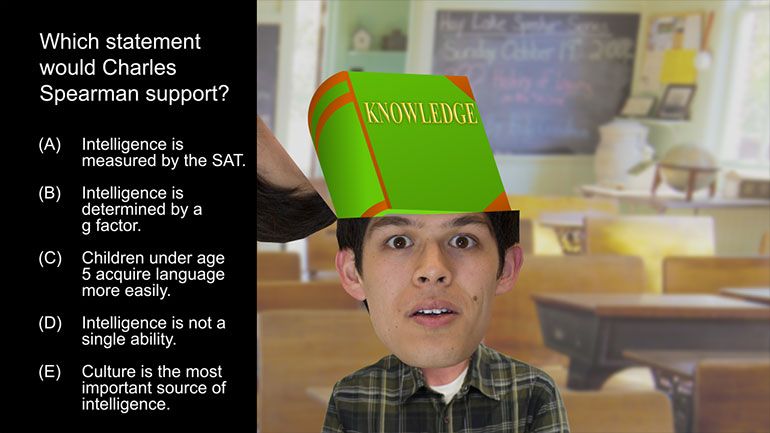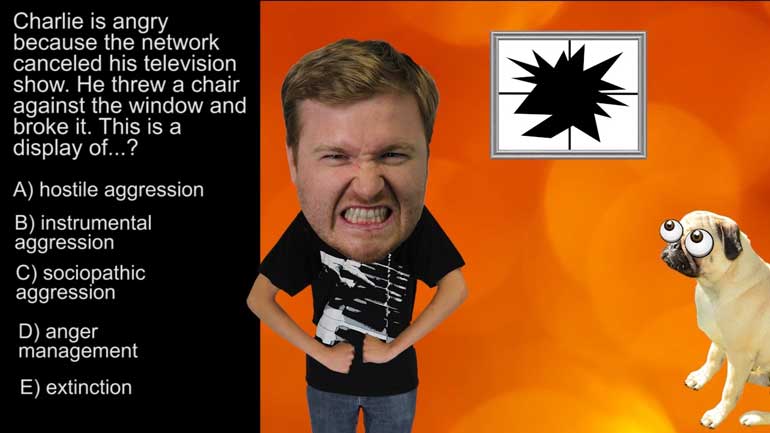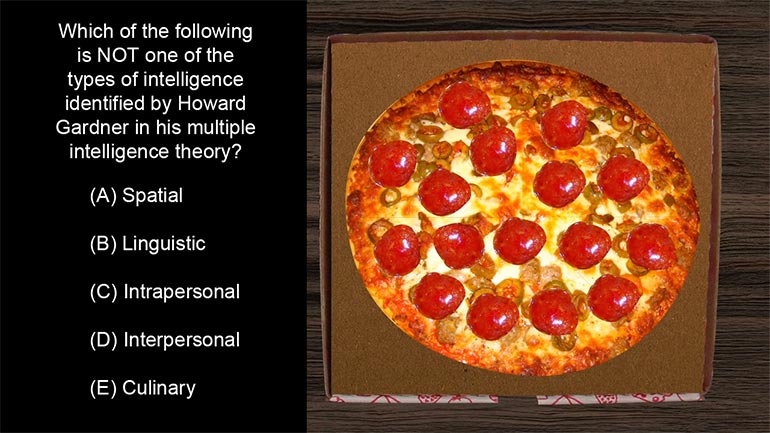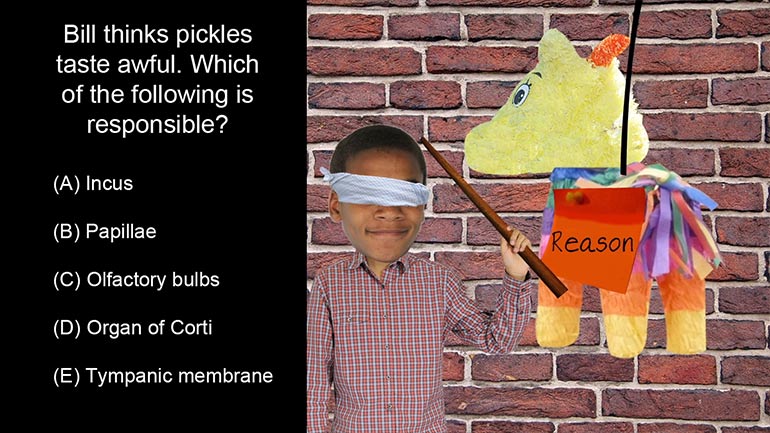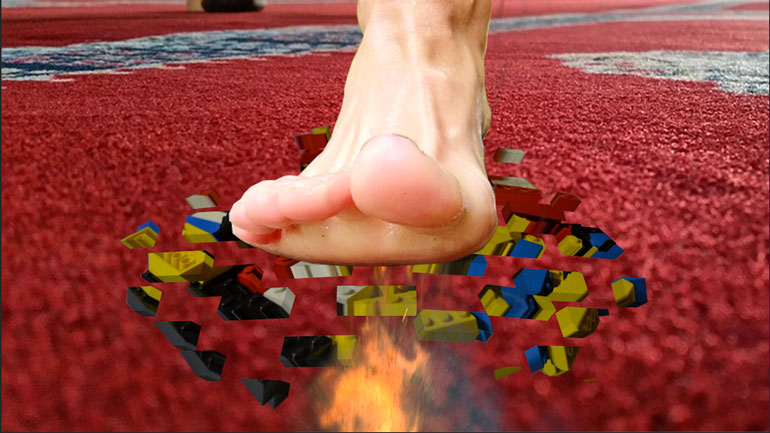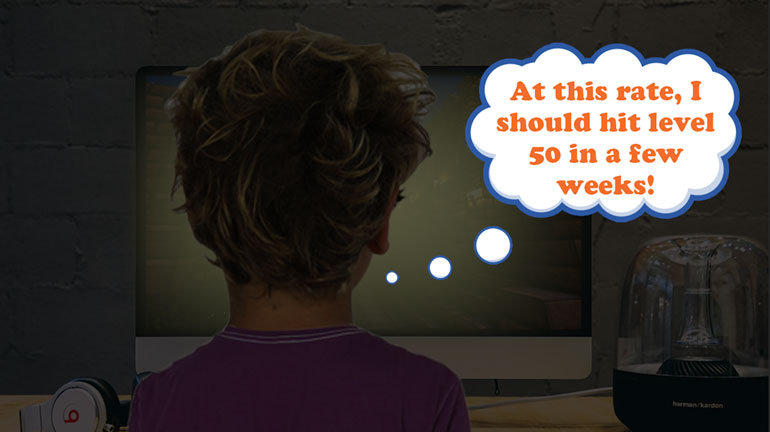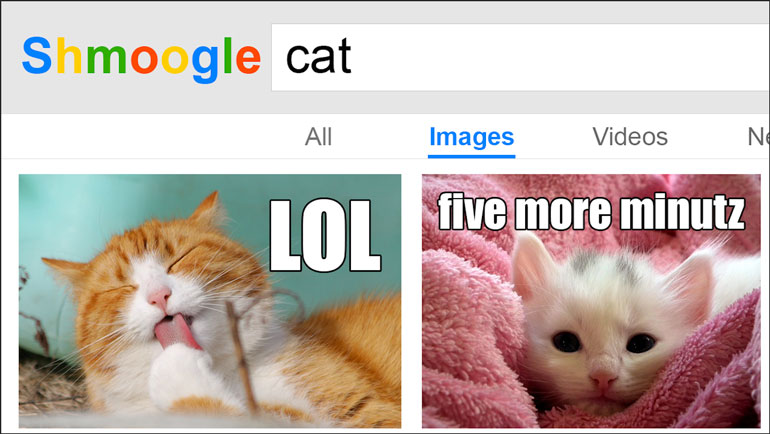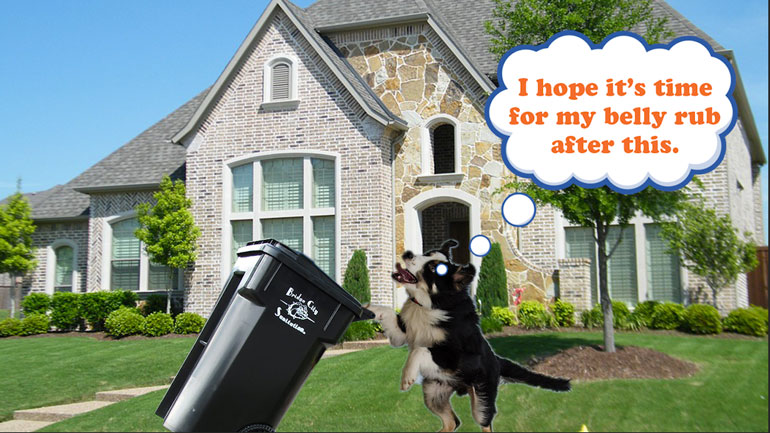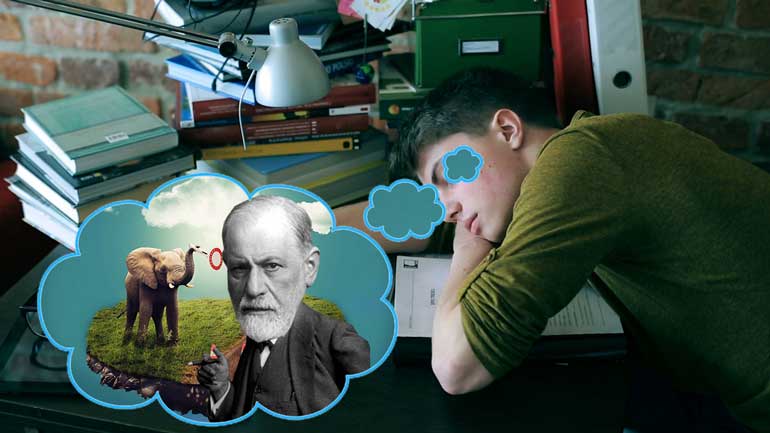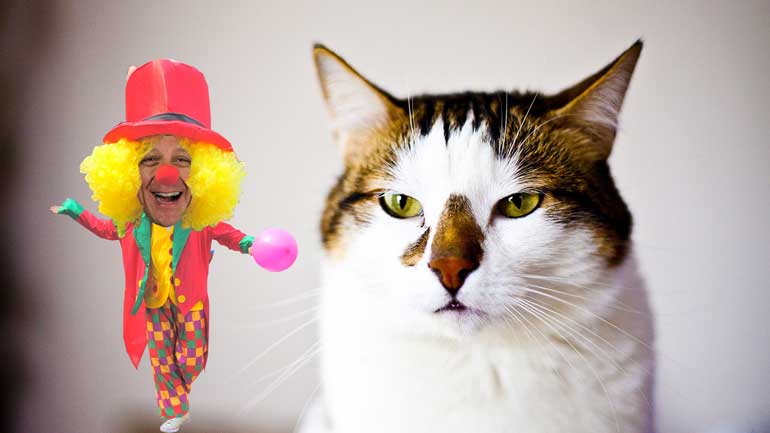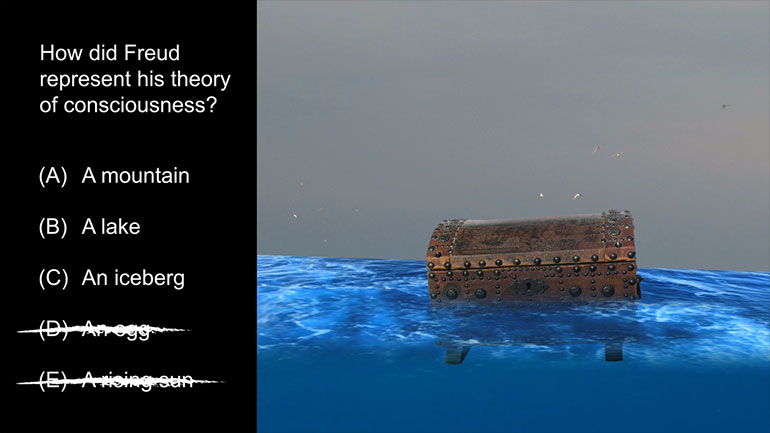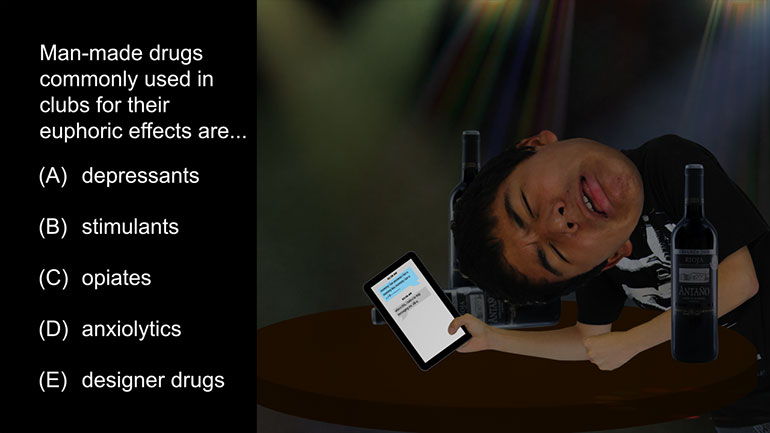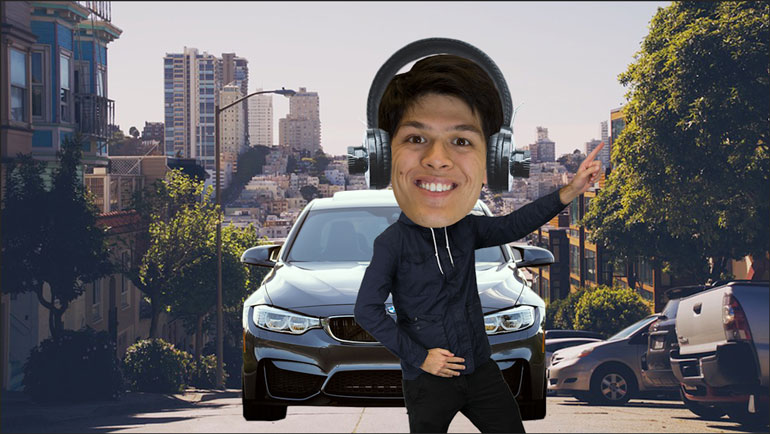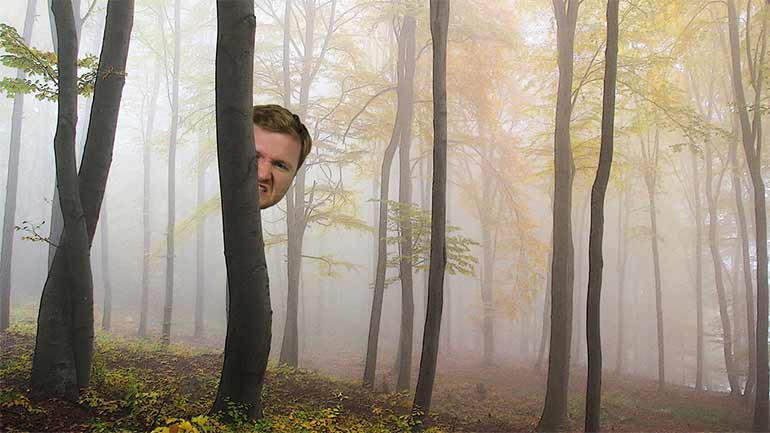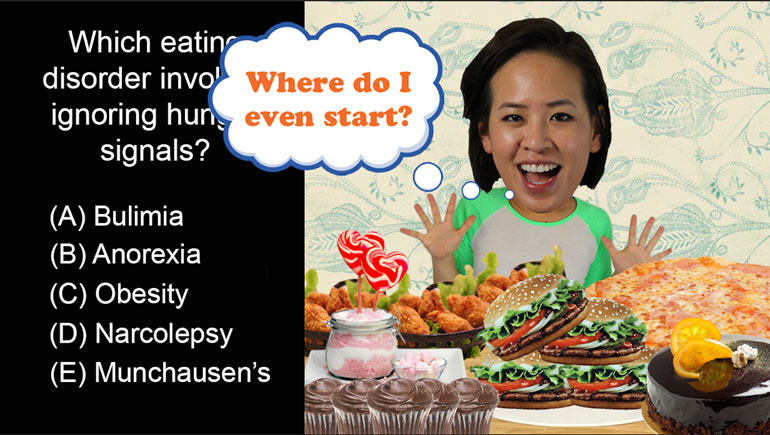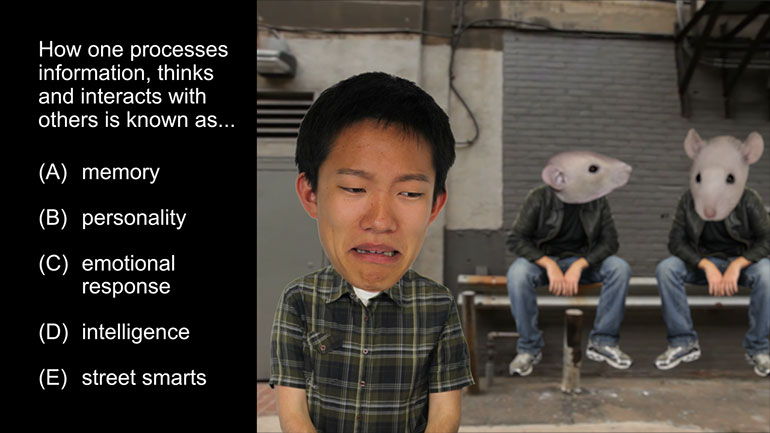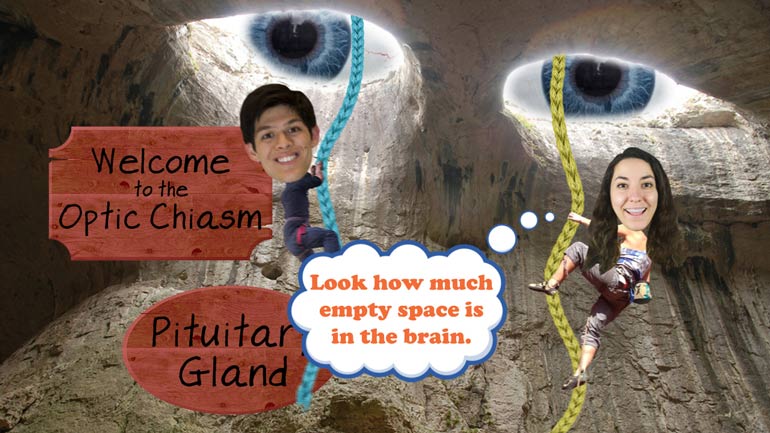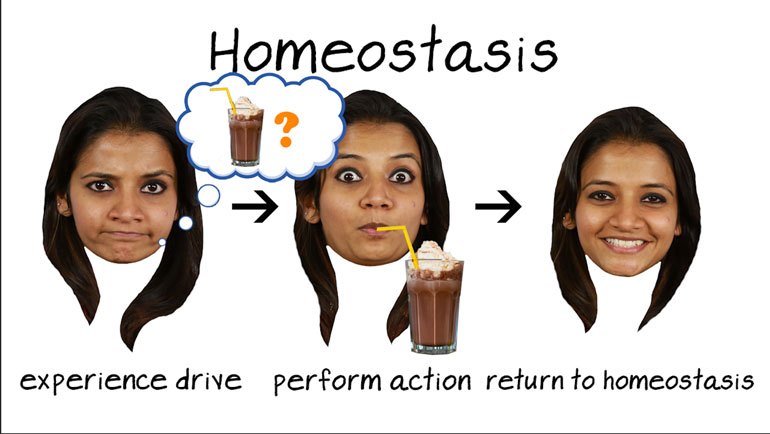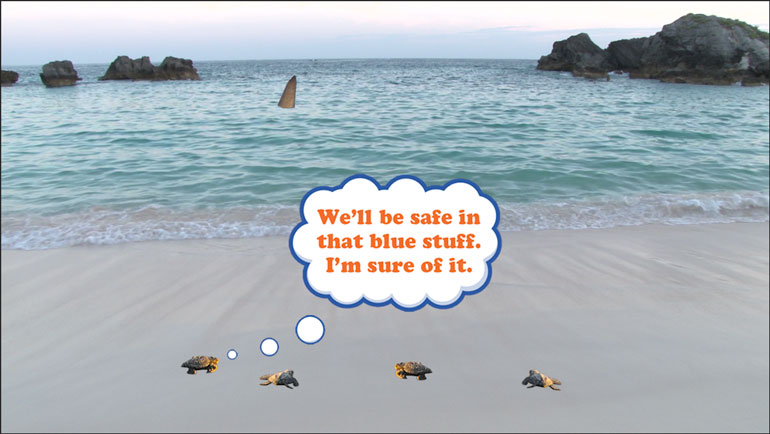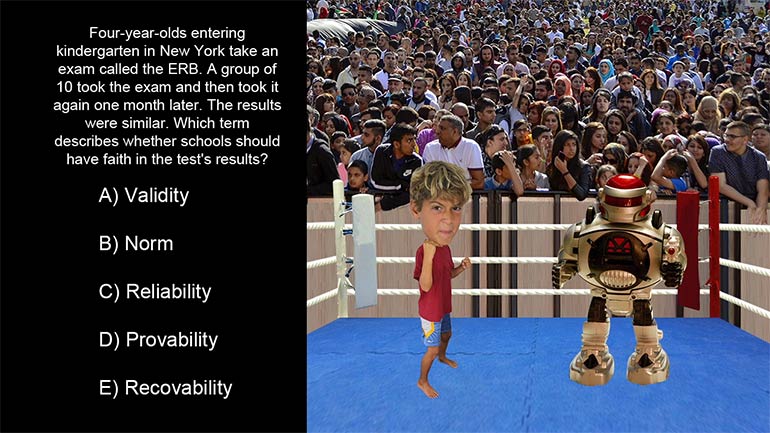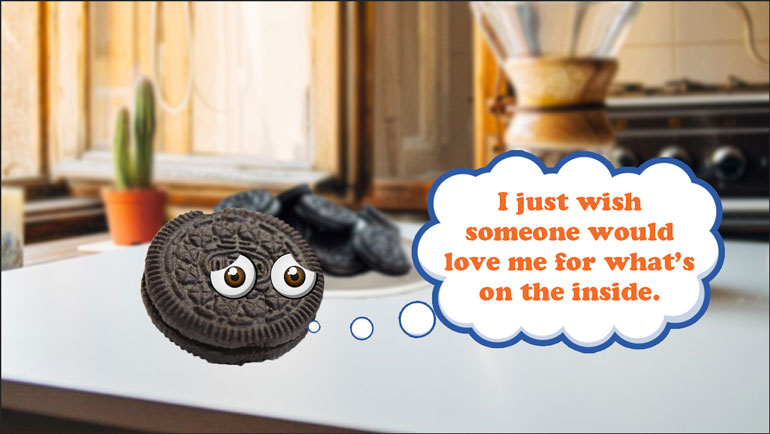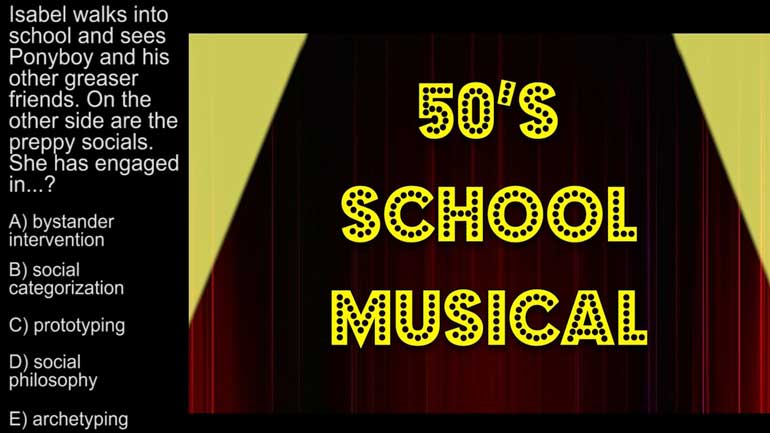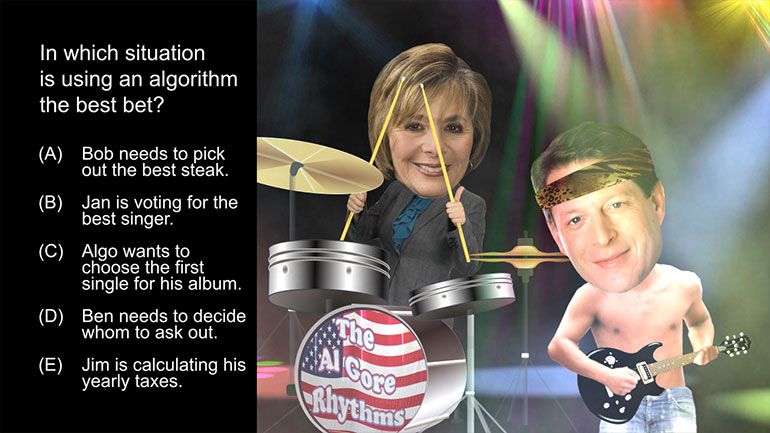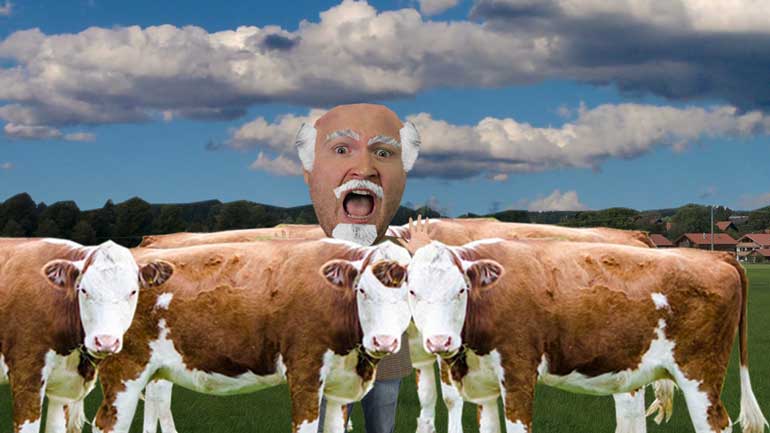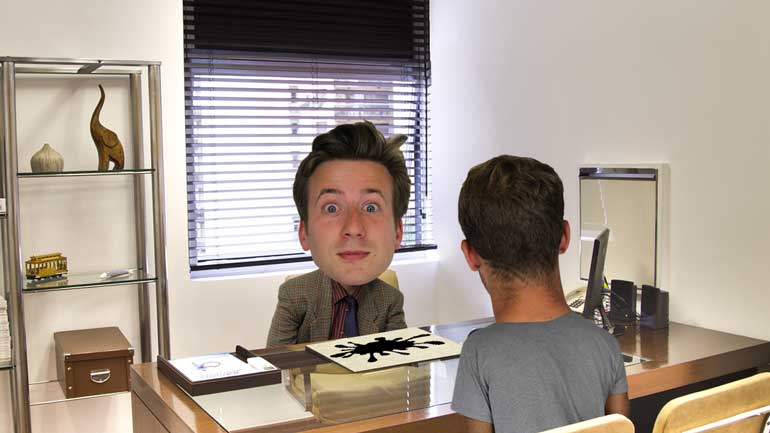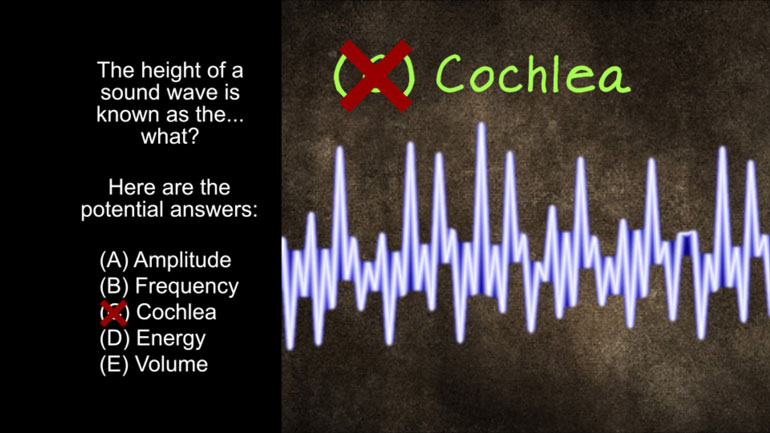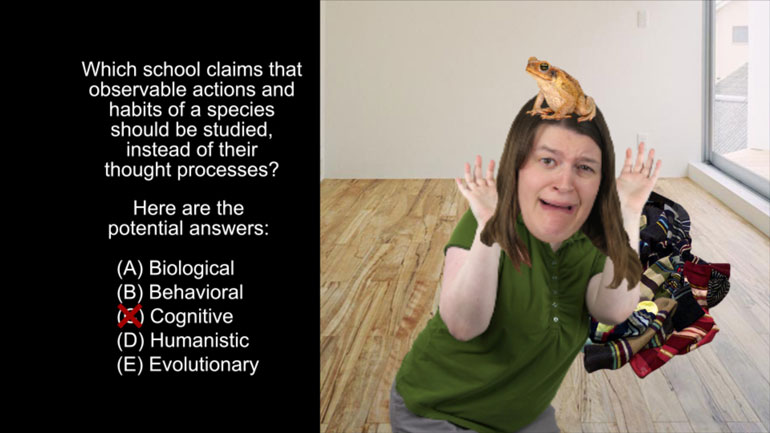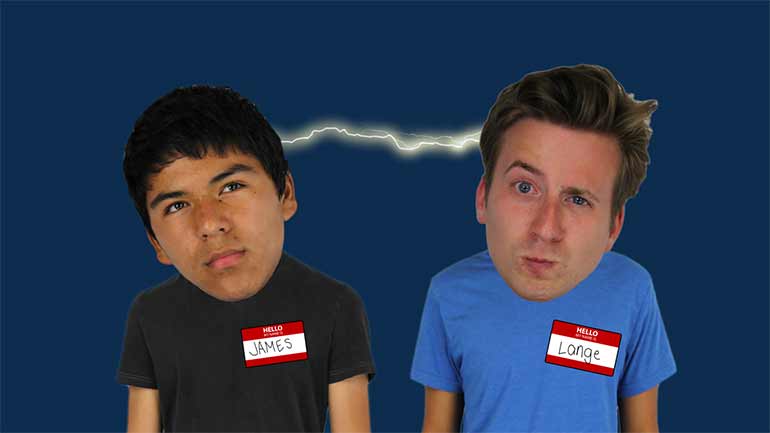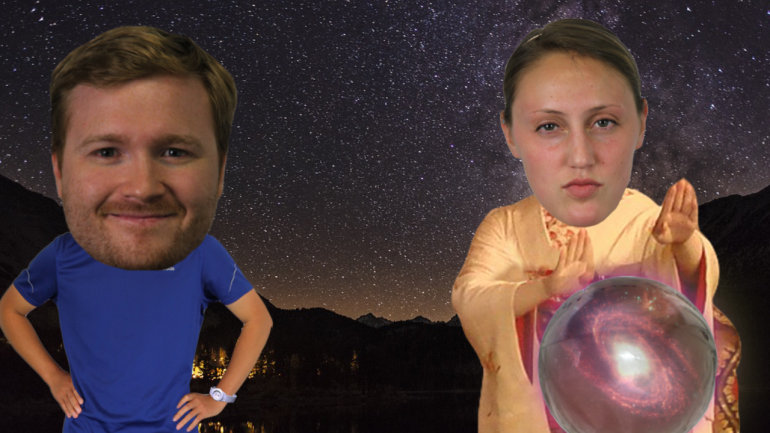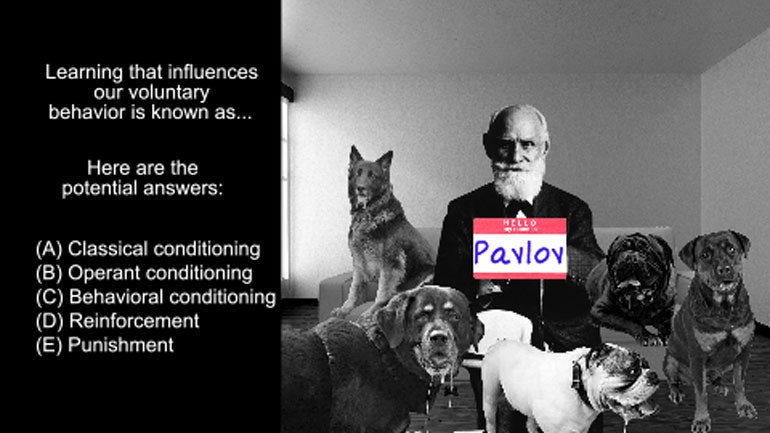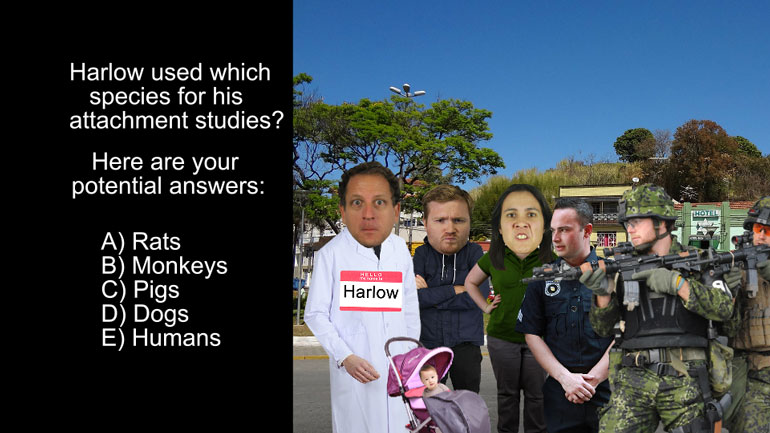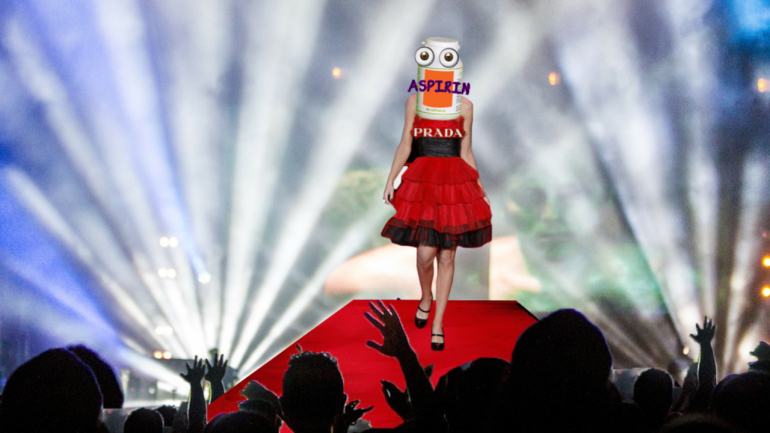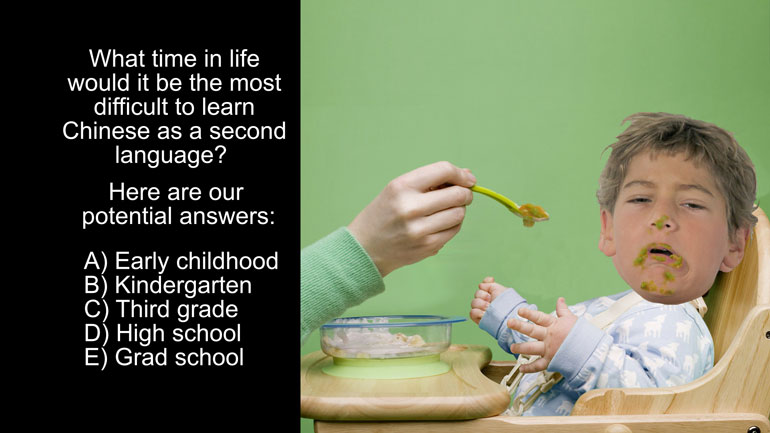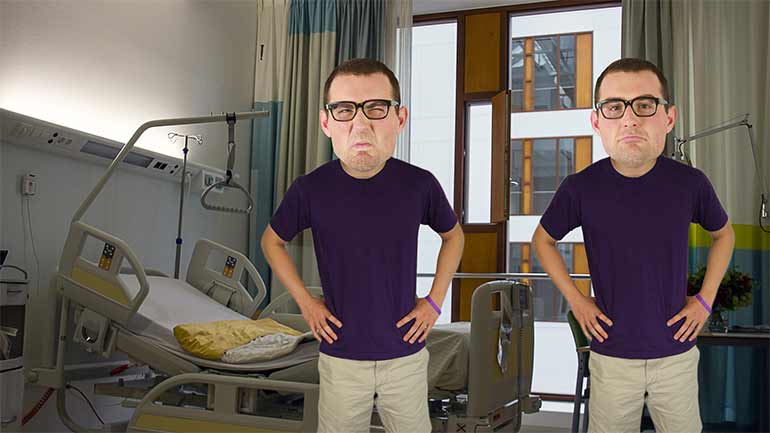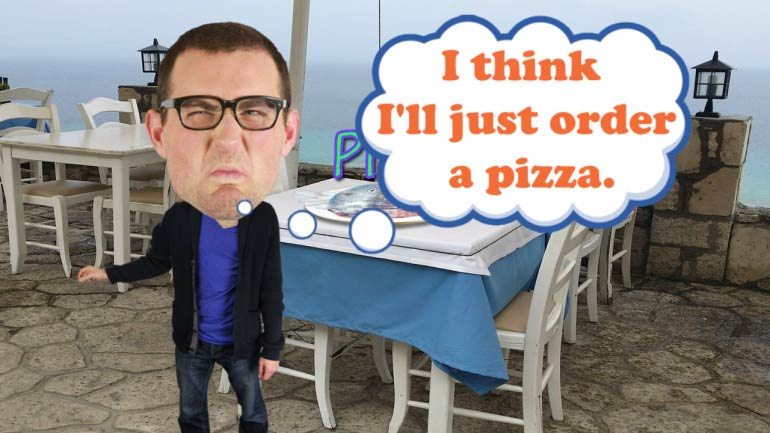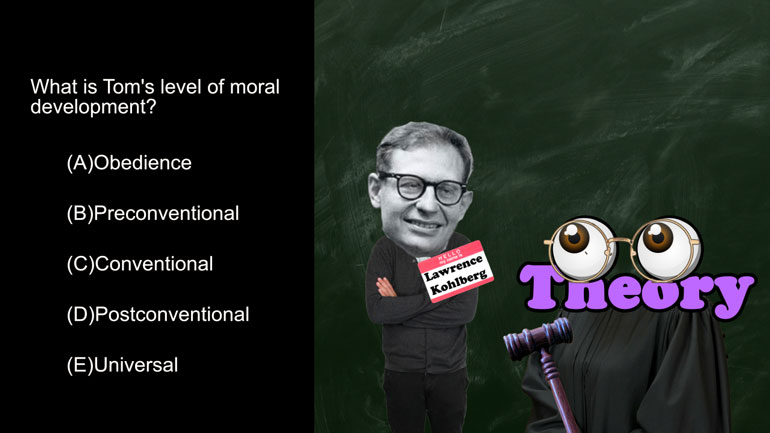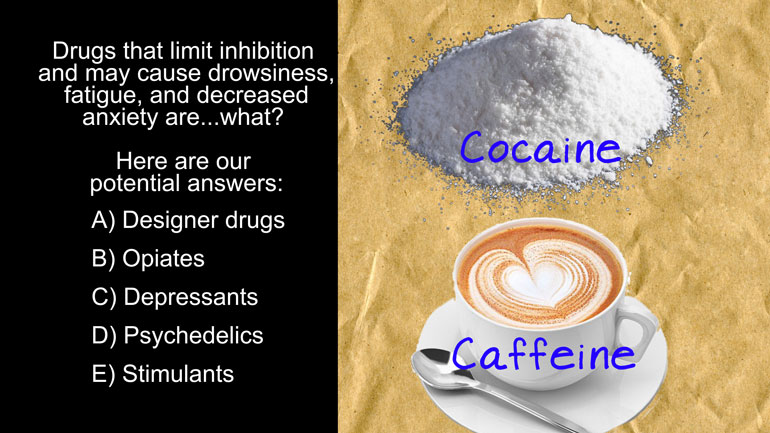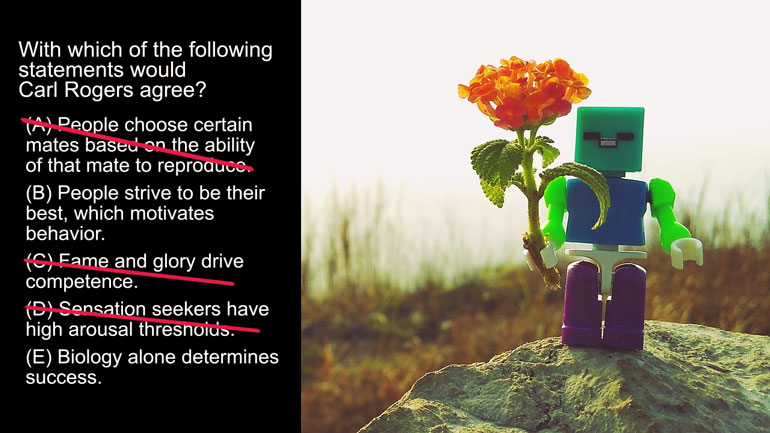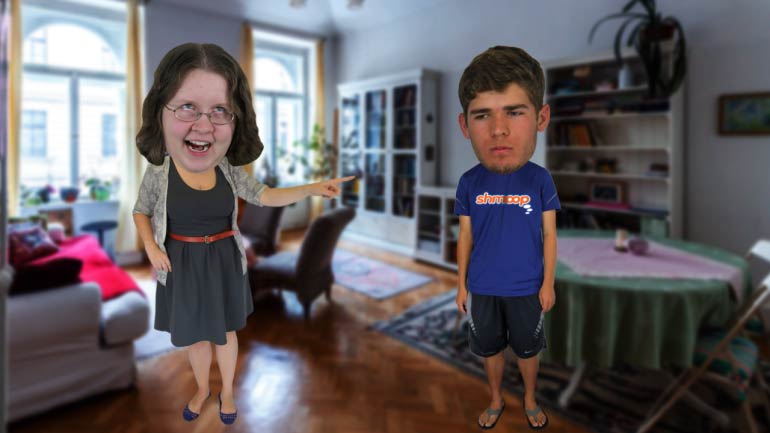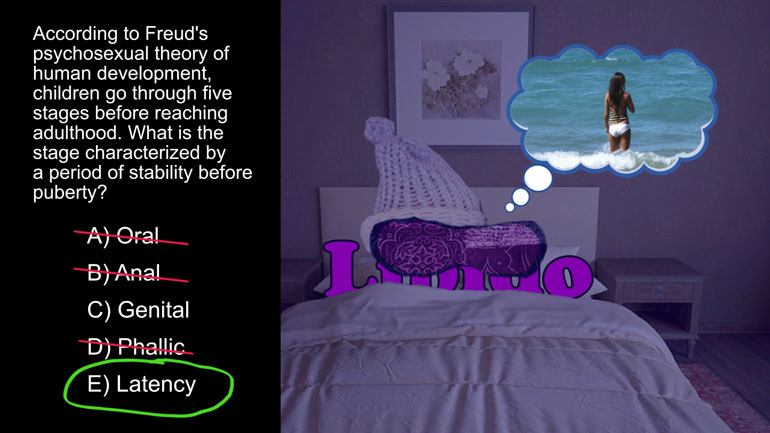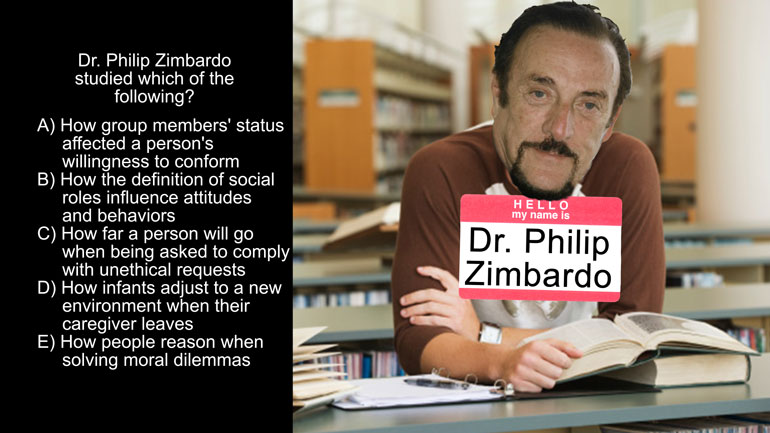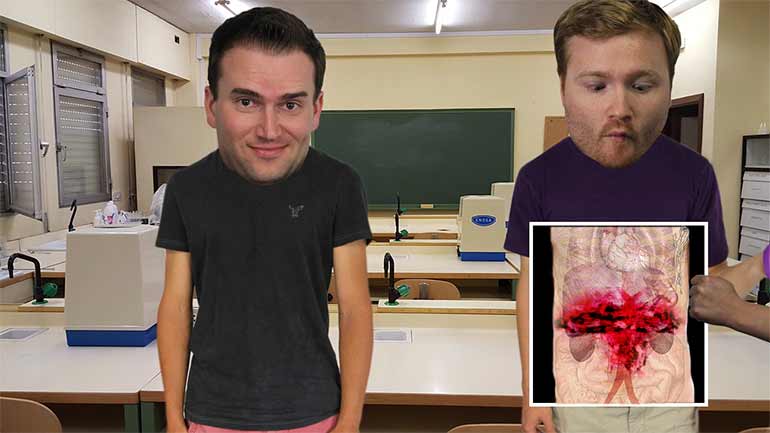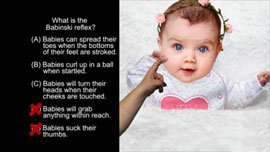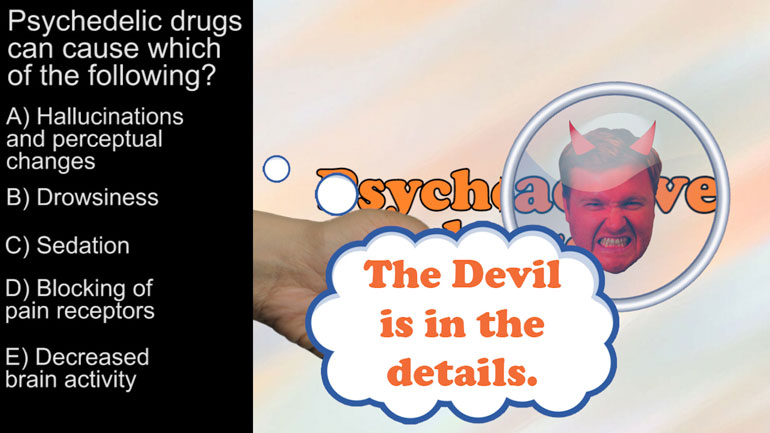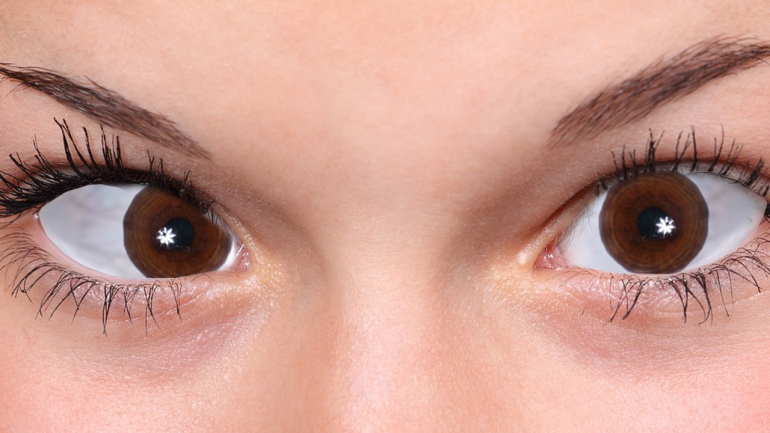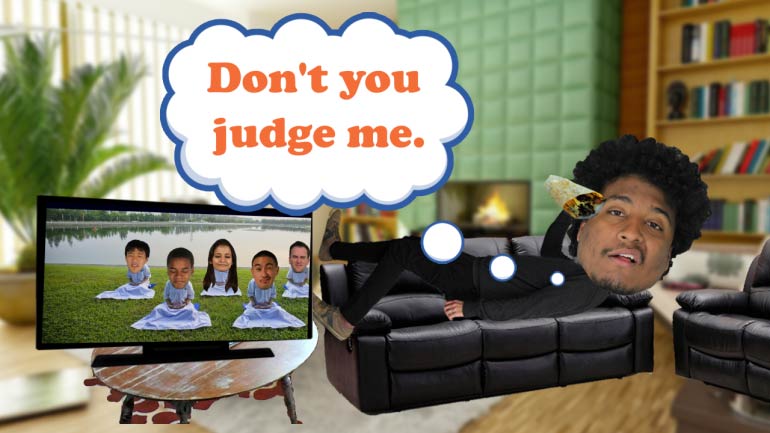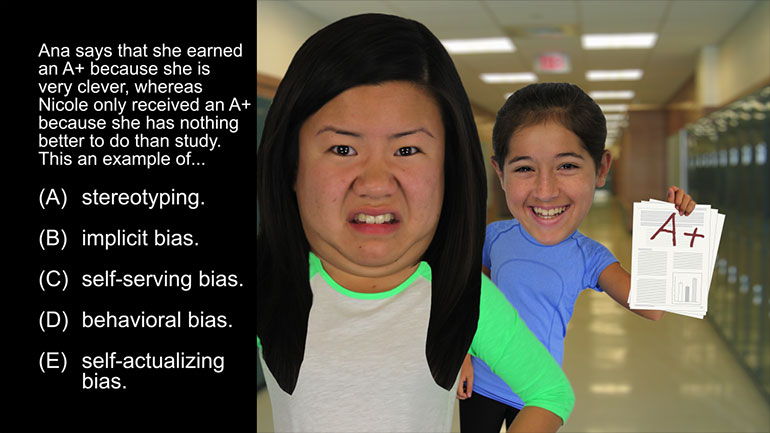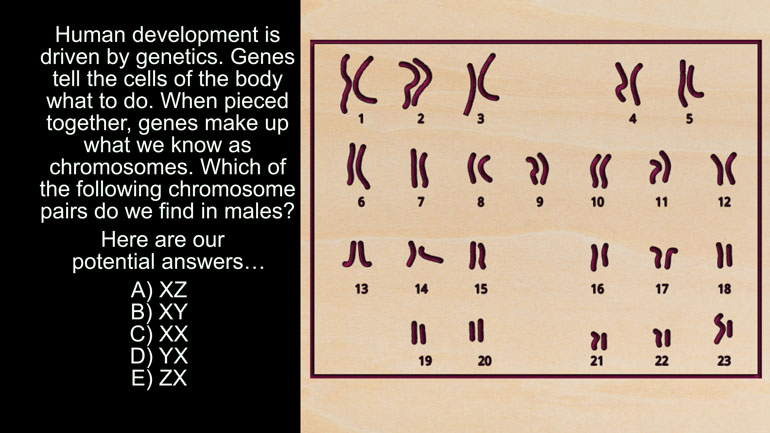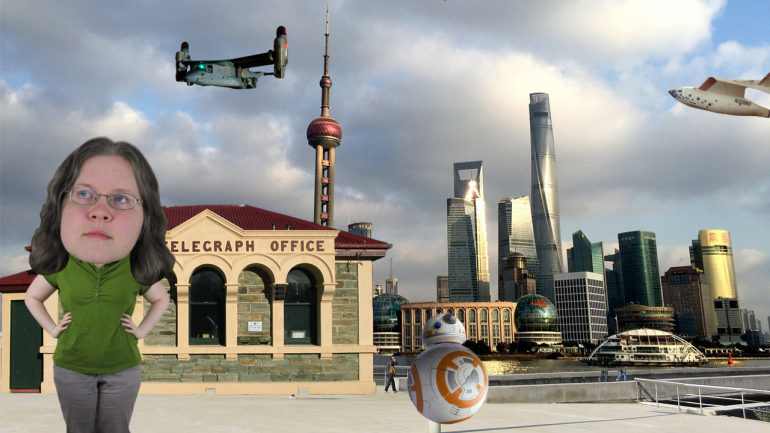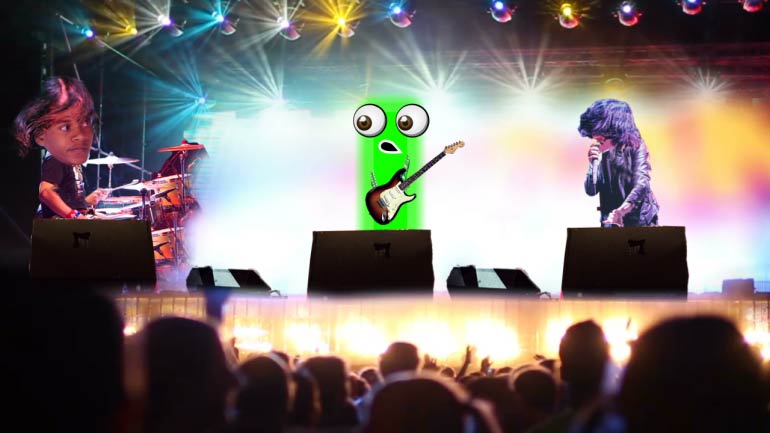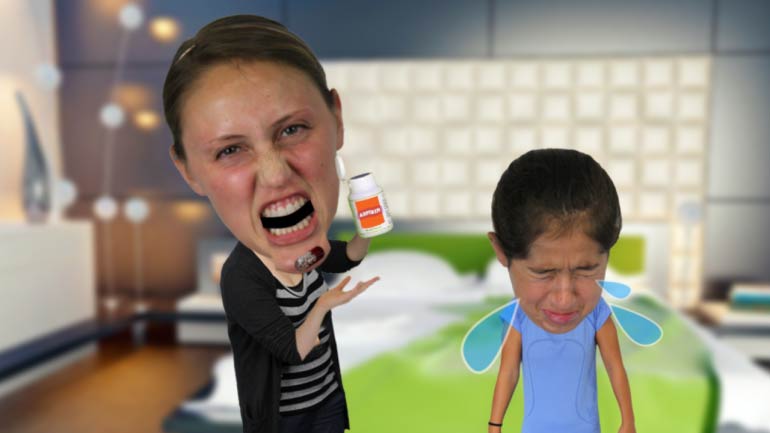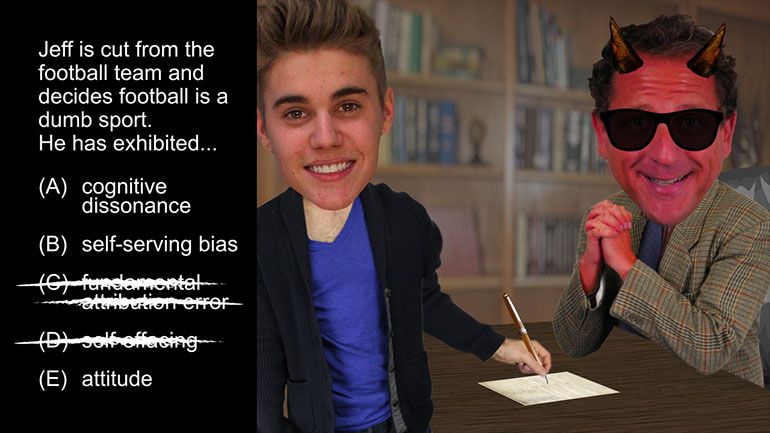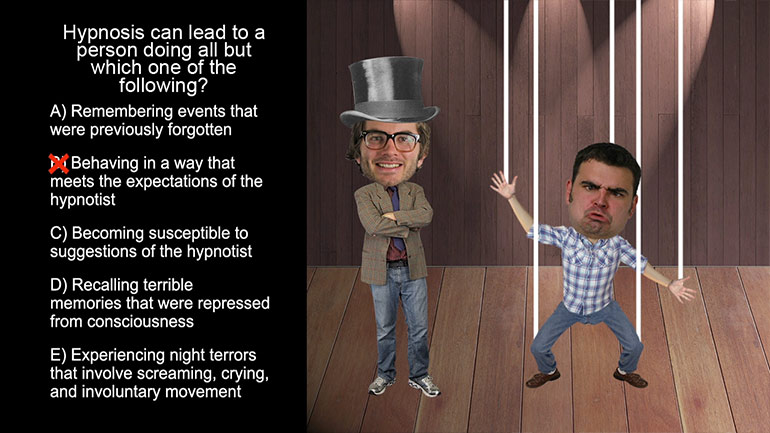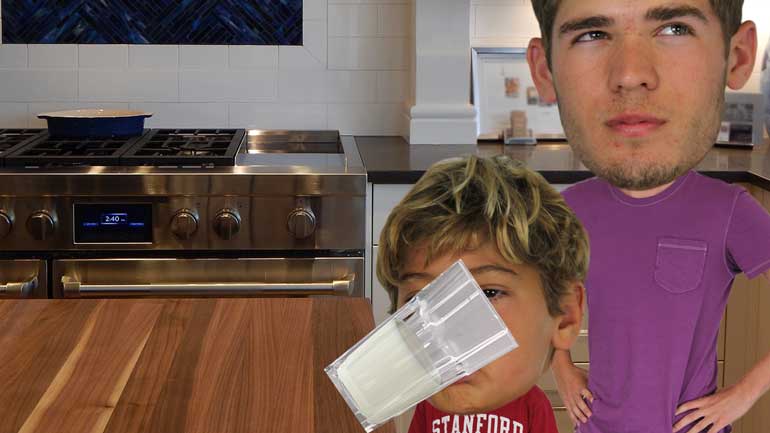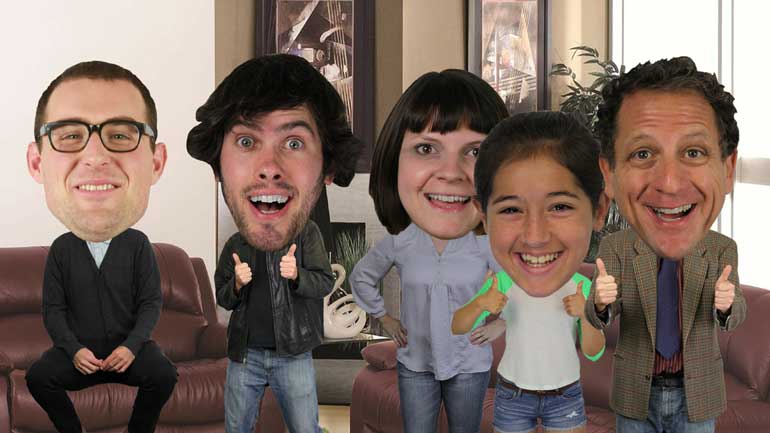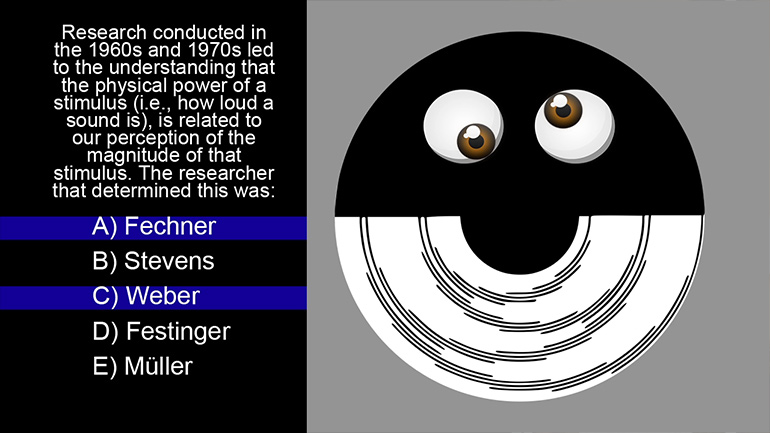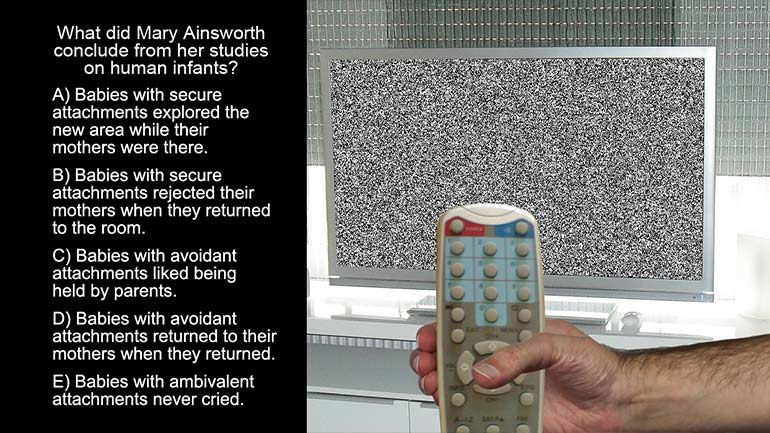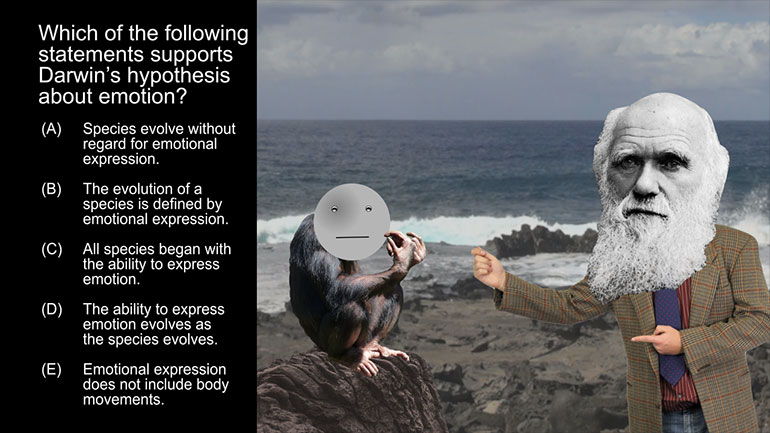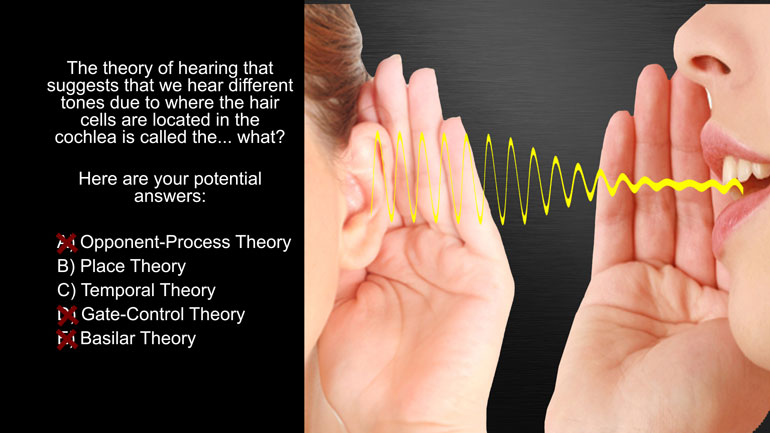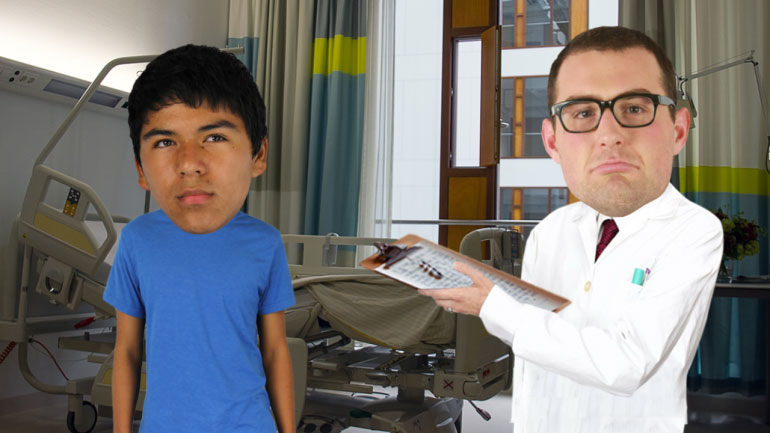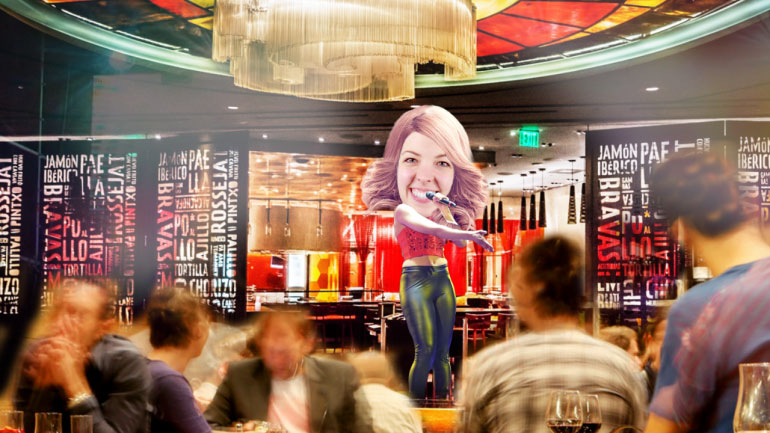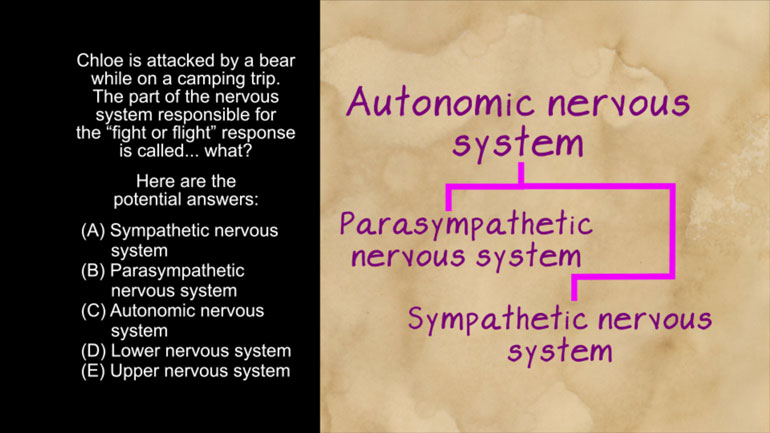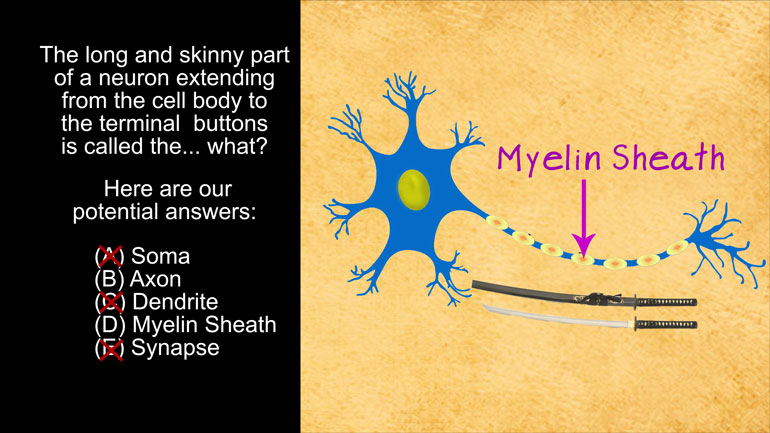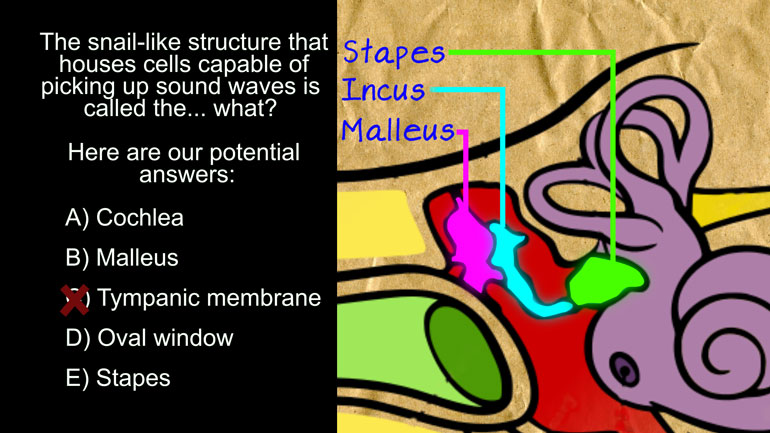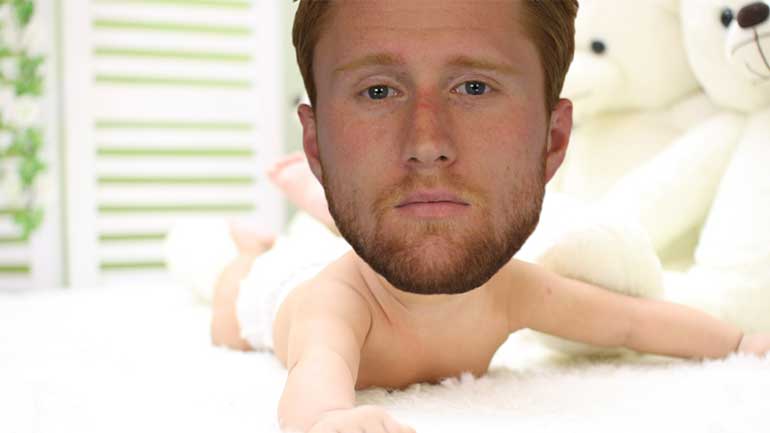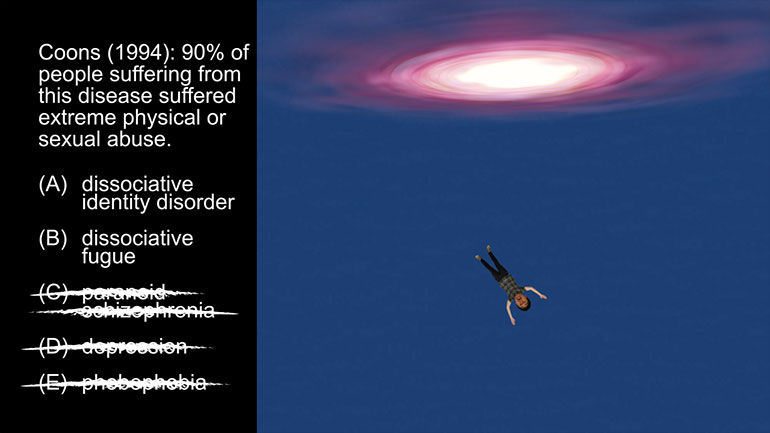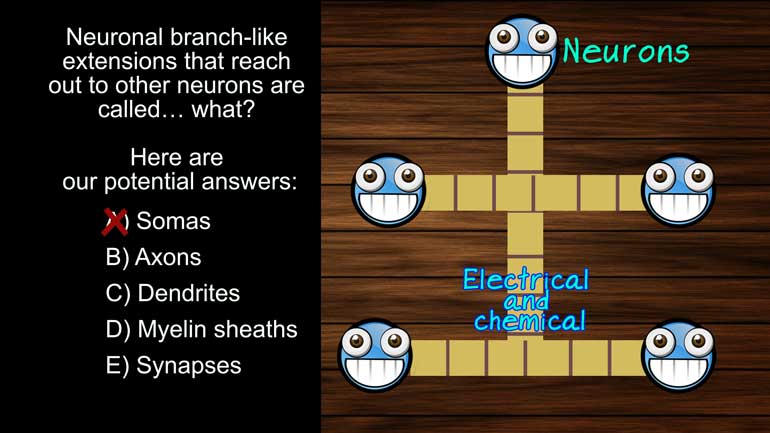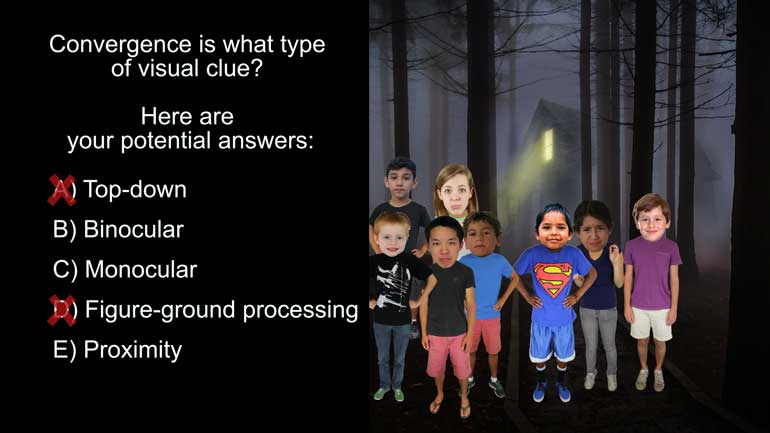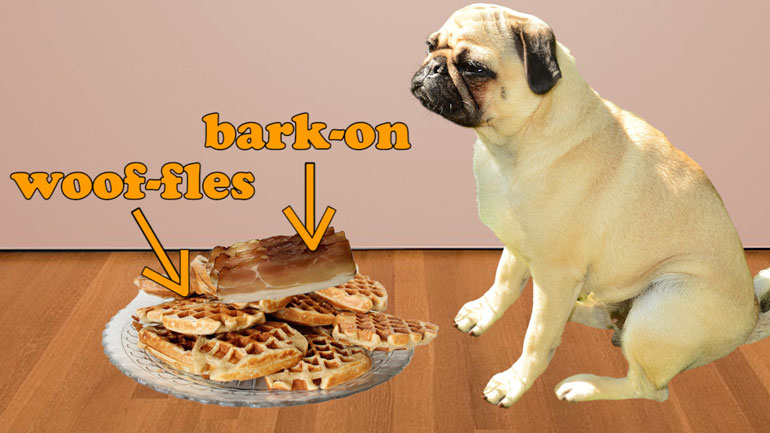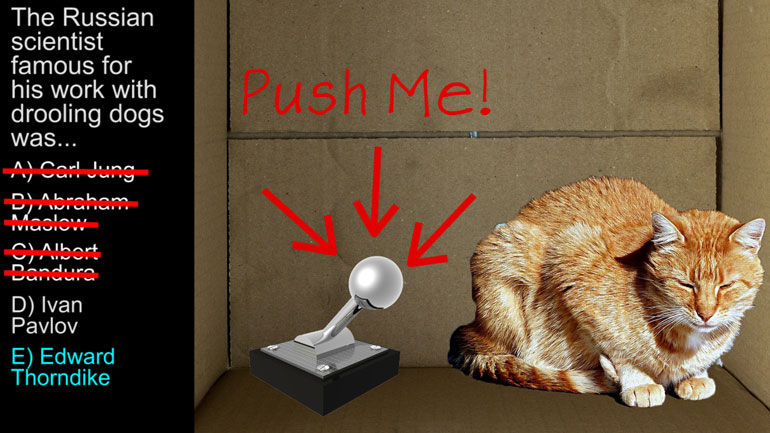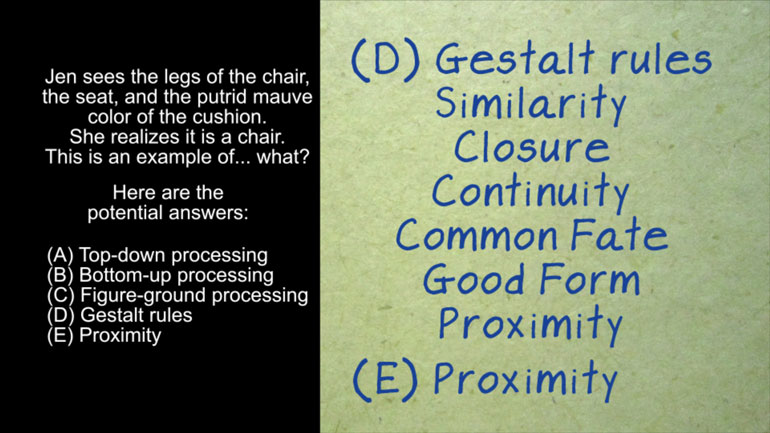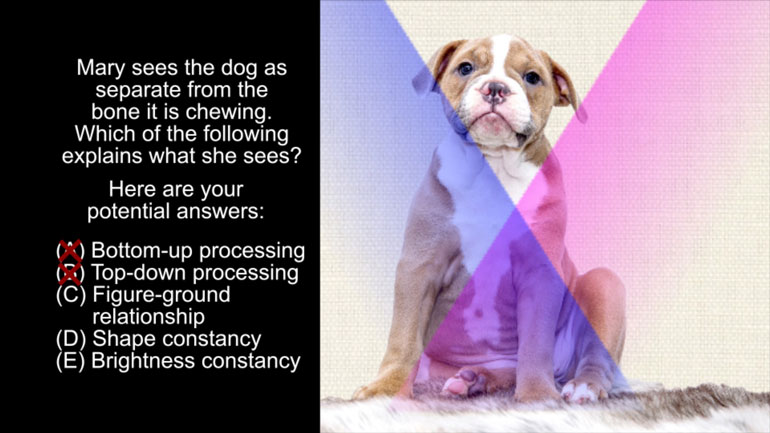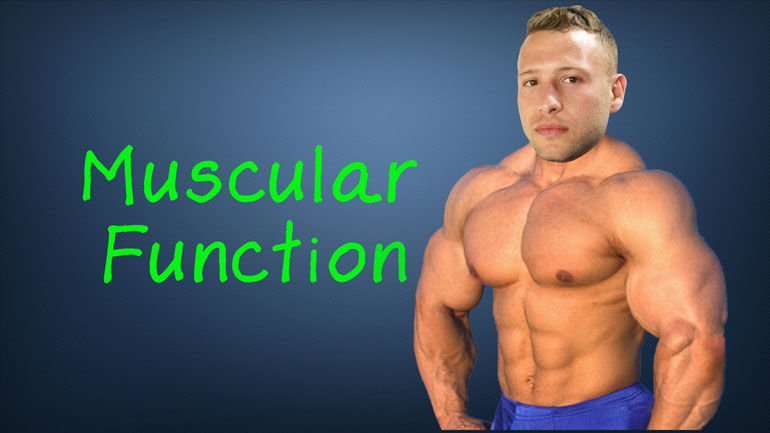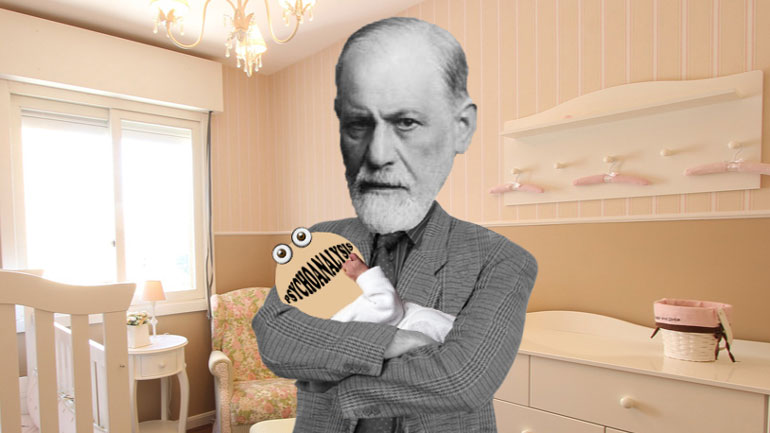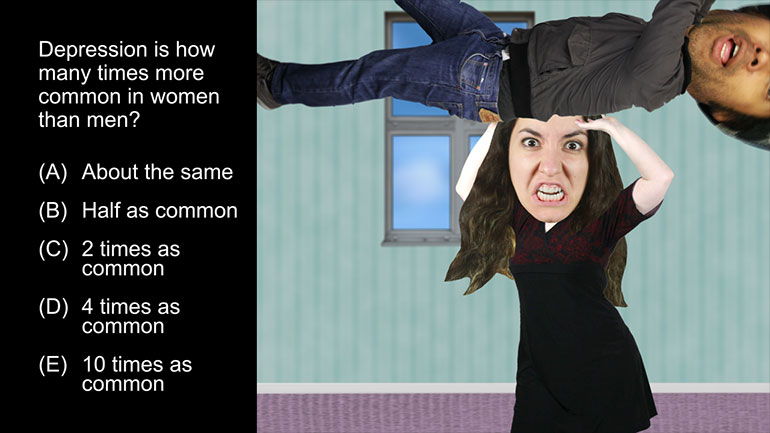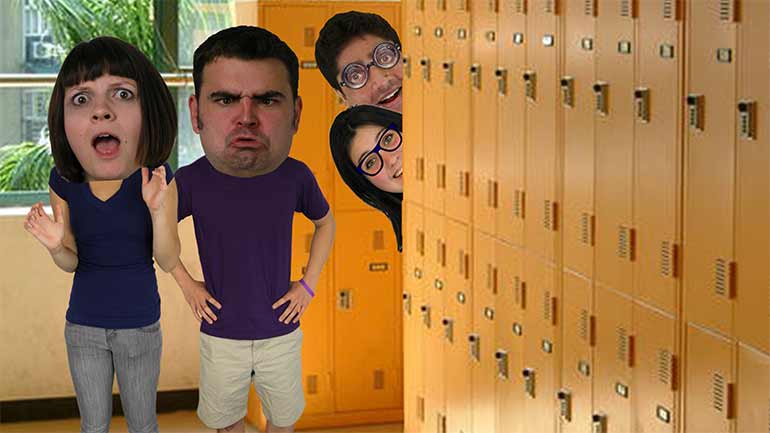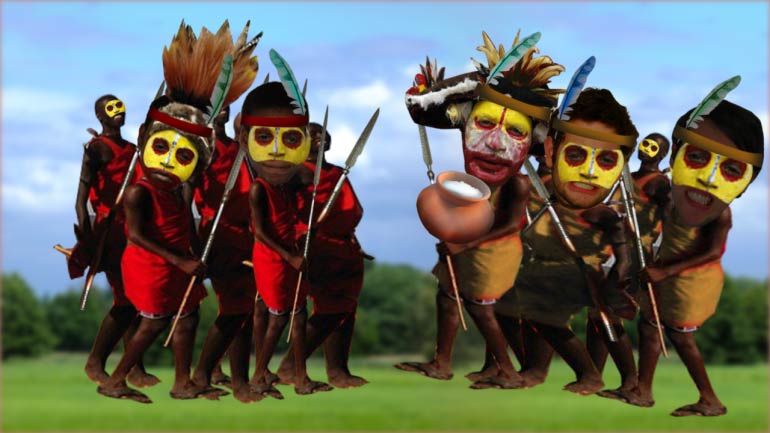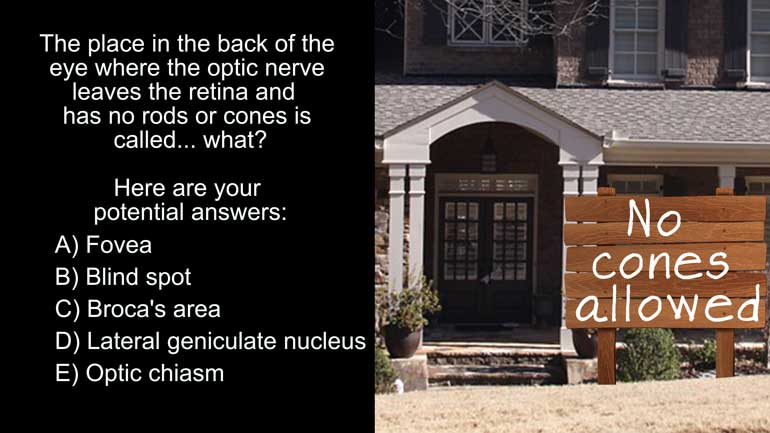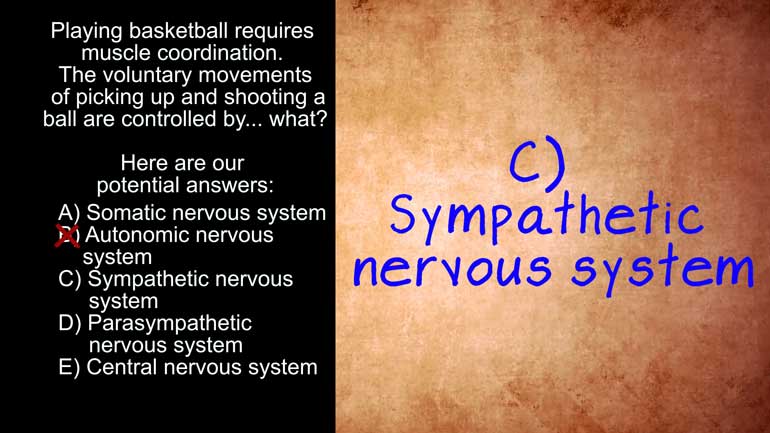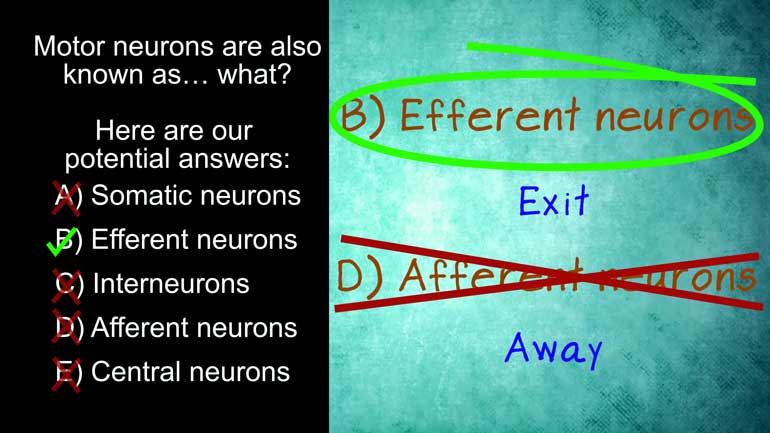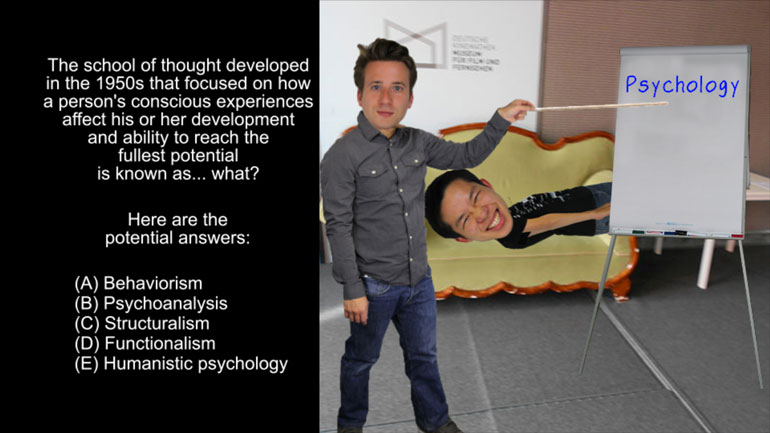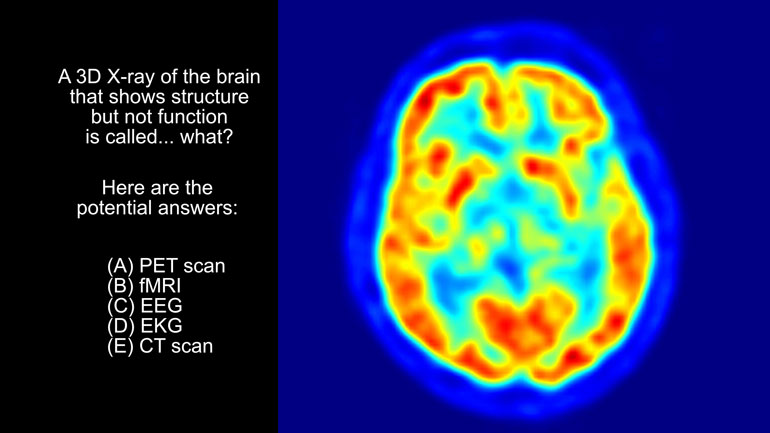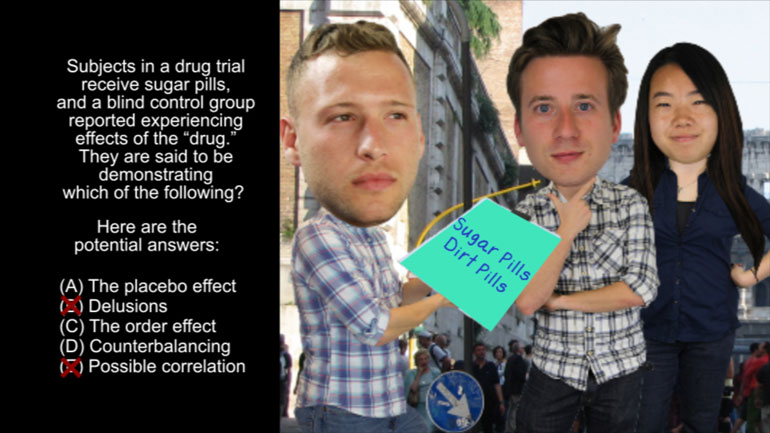ShmoopTube
Where Monty Python meets your 10th grade teacher.
Search Thousands of Shmoop Videos
AP Psychology Videos 163 videos
AP Psychology 2.2 Social Psychology. Which of the following was an independent variable manipulated in Asch's research?
AP Psychology 1.1 Personality. According to Freud, these three parts of personality are constantly in conflict.
AP Psychology 1.1 Sensation and Perception. The process by which the brain can turn sensory stimuli from the outside world into electrical signals...
AP Psychology 2.3 Motivation and Emotion 12 Views
Share It!
Description:
AP Psychology 2.3 Motivation and Emotion. How would a drive theorist explain that Jane wants to be respected by her peers?
Transcript
- 00:04
Here's your shmoop du jour brought to you by respect. Something
- 00:07
no one riding a Segway has ever been familiar with.. All right how would a drive [people riding a segway down a walkway]
- 00:12
theorists explain that Janine wants to be respected by her peers right here are the
- 00:17
possible answers, we're thinking about a drive theorist, a drive theorist
- 00:22
could've had 10 jokes about golf there, but we didn't. Okay first let's take a look at drive
Full Transcript
- 00:26
theory drive; theory states that the body generates a feeling of need or drive for
- 00:31
food sleep water sex and other biological factors and no the need to [drive theory examples of biological factors]
- 00:36
get a pony does not count as a biological factor so you can drop the act all [girl walks with her pony]
- 00:40
right would it be A all people have an instinct for respect and acceptance well
- 00:45
respect and acceptance aren't primary biological urges rather they fall more [two dogs in the park]
- 00:51
into the category of tangibles that don't directly affect biological needs.
- 00:55
This doesn't fit with drive theory so we can cross off A and we can also cross off
- 00:58
D here because as we said the desire for respect isn't a primary biological need
- 01:04
all right well how about B respect is high on the hierarchy of needs and leads
- 01:08
to self-actualization this may be true but again it doesn't involve biological [girl sat on her bed with a pizza and a laptop]
- 01:13
urges self-actualization comes from a number of other factors built off of
- 01:18
these biological needs a drive theorist wouldn't use this argument to describe [golfer driving the ball down the course]
- 01:22
Janine's need for respect so we can get rid of B. Alright could it be C the
- 01:26
body craves an optimal amount of excitement and peer respect leads to
- 01:30
this well while it's true that some people do seem to crave a certain amount [baby wearing sunglasses wheels across a play area]
- 01:33
of excitement in their lives, excitement isn't a primary biological need so it
- 01:37
doesn't fit into the drive theory we cross off C from our list then we're
- 01:41
left with E the drive theory focuses on the body's primary and secondary needs
- 01:45
and doesn't fully explain the need for self respect there's a reason none of [Woman appears on stage in front of a red curtain]
- 01:50
the other answers have really made sense thus far like we said earlier the self
- 01:53
respect thing isn't a biological need it's an intangible so drive theory isn't [self respect separated from biological needs]
- 01:58
very useful for explaining it. A more useful theory would be incentive theory
- 02:02
which better explains the motivation to attain intangibles so the correct answer [money, gummybears and a trophy appear]
- 02:07
is E, alright so what have we learned drive theory only goes so far in explaining
- 02:11
motivation for things that aren't biological necessities
- 02:13
food, water.. oreo's, yeah you know the basics [hand picks up an oreo]
Related Videos
AP Psychology 1.1 Social Psychology. Which of the following best describes social psychology?
AP Psychology 1.1 States of Consciousness. Who conducted research on REM sleep deprivations?
AP Psychology 1.2 Cognition. Which of the following strategies would work best for generating new ideas?
AP Psychology 1.2 Sensation and Perception. The cells in the back of the eye that only see in black and white are called what?
AP Psychology 1.2 Social Psychology. What is the best choice for producing better productivity?
